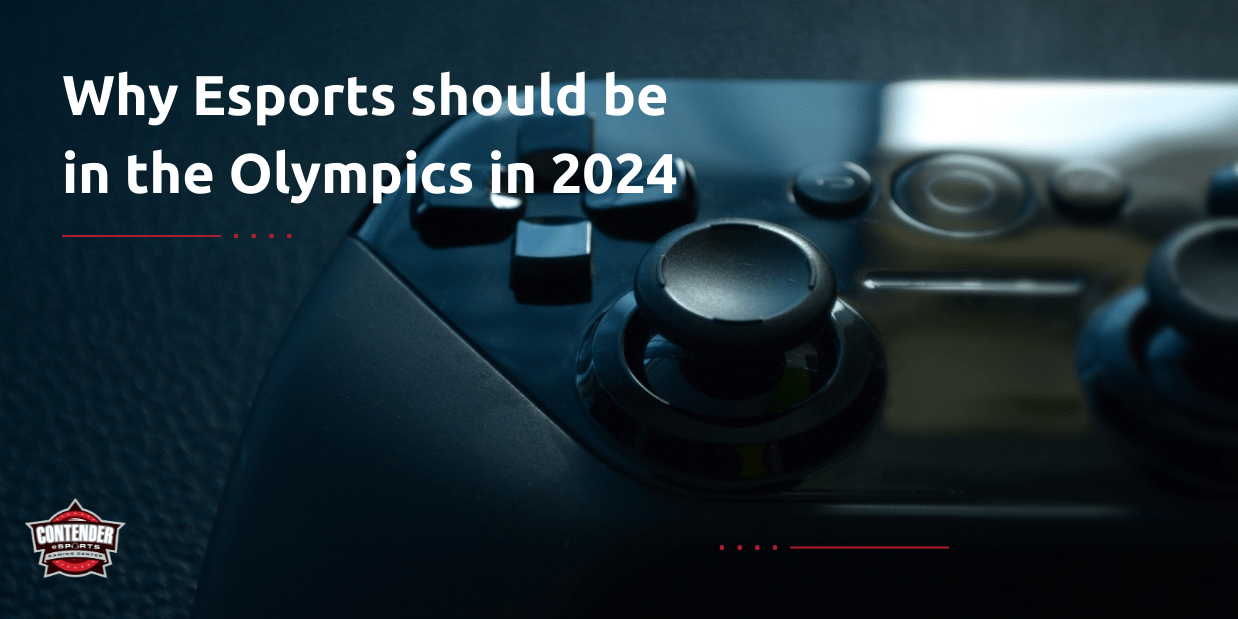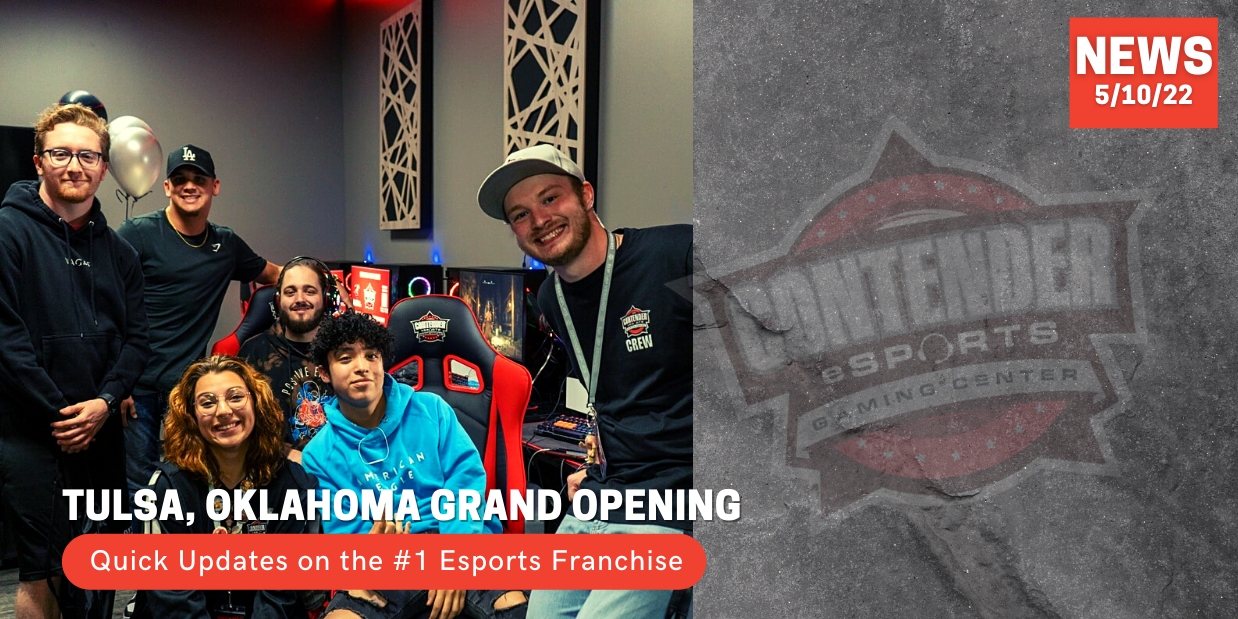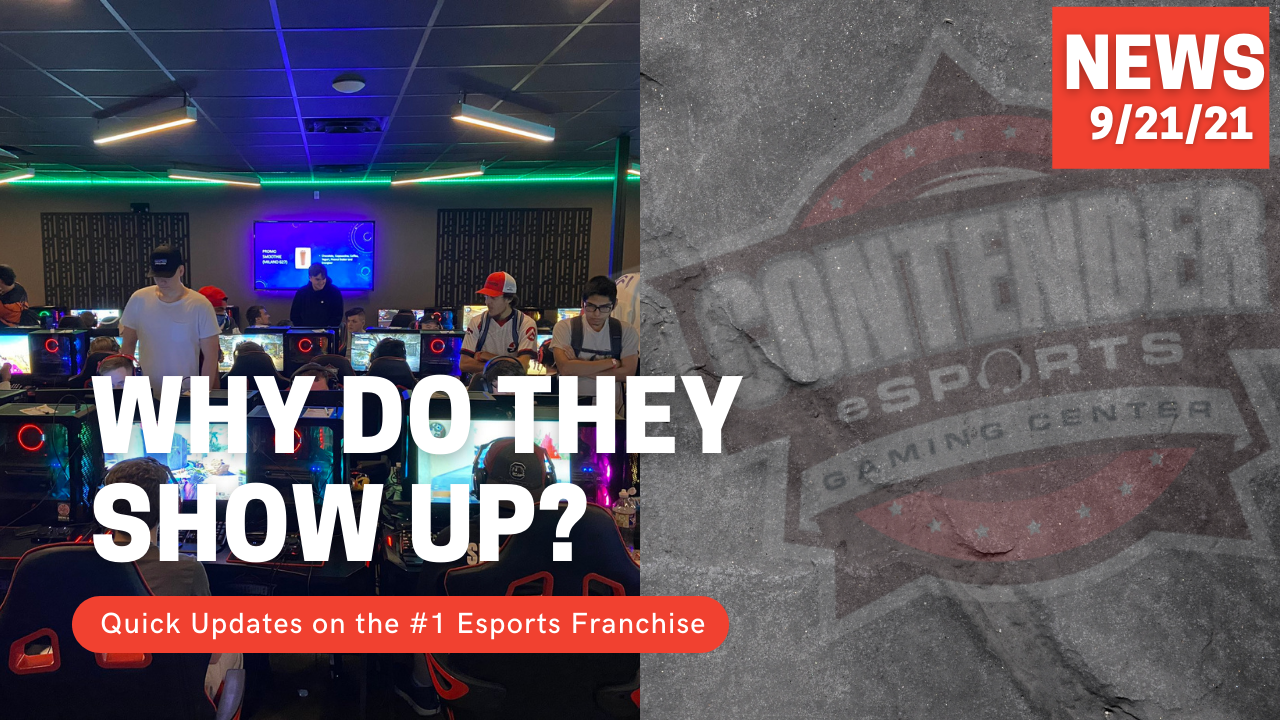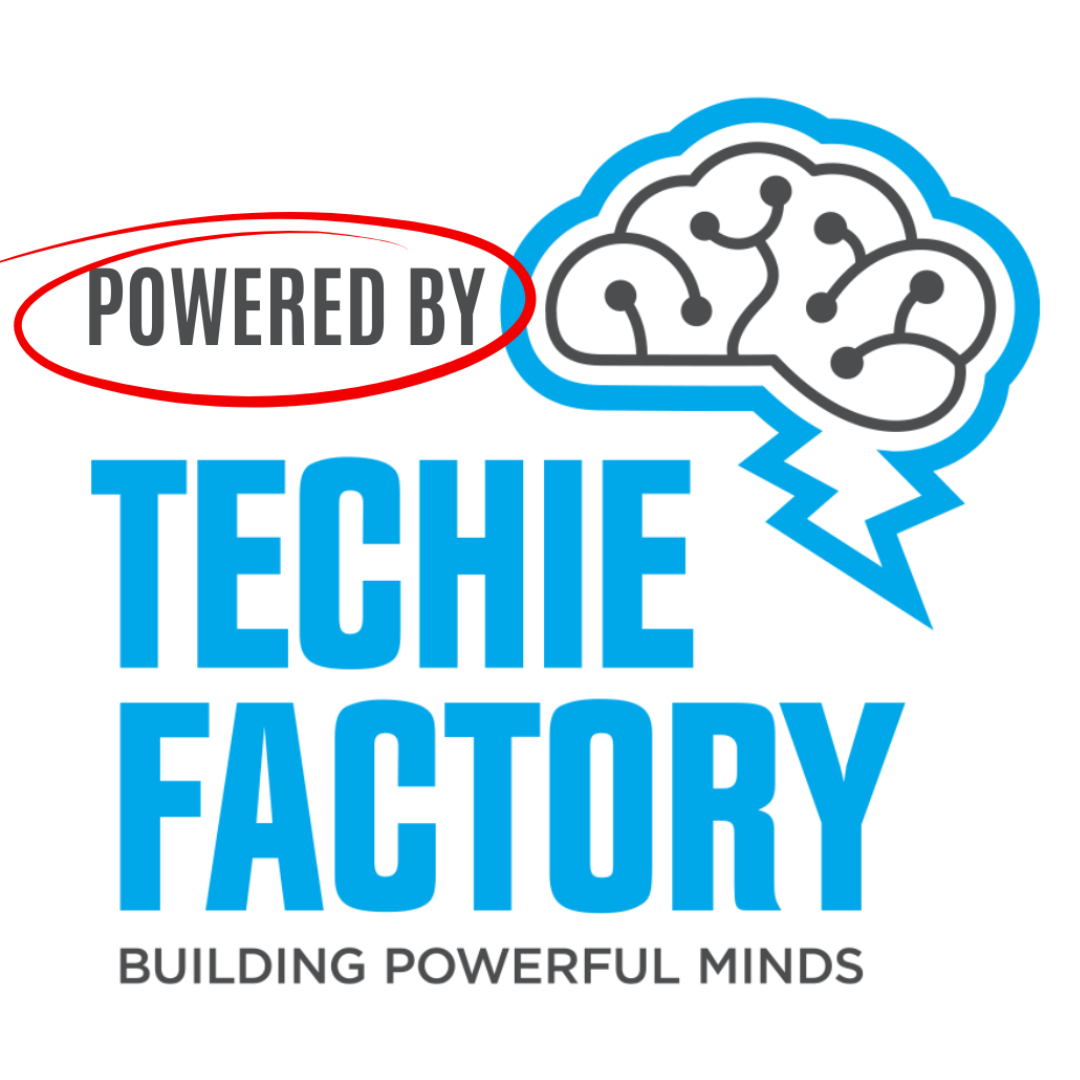Jonathan Pan is the Senior Advisor of Esports at Turner. He started off his esports career as a Product Manager at Riot Games before becoming Co-Founder and CEO of Ember, a North American League of Legends Team. Most recently, he was Head of Esports at BRaVe Ventures, which was acquired by Turner. Prior to Riot, he was a Senior Consultant in the Financial Services Office at Ernst & Young.
Jon received his MBA from NYU Stern, specializing in entertainment and finance, and a B.A. in Economics and Philosophy at Baruch College. Jon is a veteran of Afghanistan where he served as a Captain in the U.S. Army.
This talk was given at a TEDx event using the TED conference format but independently organized by a local community.
Transcript of Jonathan Pan's Ted Talk
Today is Sumail Hassan's birthday. Sumail is probably one of the most interesting 18 year-olds you've never heard of. Last year Sumail was named by Time magazine as one of the top 30 most influential teams. The reason Sumail was on that list was that he is one of the best two players in the world. If you're not familiar with Dota 2, it is one of several online video games where professional teams compete for fame and fortune.
Sumail started playing Dota 2 when he was 7 and living in Pakistan. He didn't have his own computer so what he would do is pile up on a motorbike with his cousins and his friends to go to the local internet cafe to play. Despite these circumstances, Sumail became so good at the game that he was recruited by a top American eSports team when he was 15. By the time he was 16 he became the youngest player to earn more than 1 million dollars in prize earnings. A big part of those earnings came from winning the Dota 2 World Championship in 2015. His team won 6.6 million dollars for winning first place. The future Olympians of tomorrow will include eSports players like Sumail, not because eSports is a sport of the future, but because eSports is a sport of today.
Today professional teams are competing for millions of dollars in front of millions of fans. Professional eSports tournaments are being played at marquee stadiums like Madison Square Garden in New York City, the Staples Center in Los Angeles and the Bird's Nest in Beijing. There are more than 30 sports organizations globally involved with these sports, including teams such as the Philadelphia 76ers and Manchester City, a football team in the English Premier League.
These sports organizations and their billionaire team owners are getting involved with eSports because they know that there are more people watching and playing eSports than ever before. Meanwhile, traditional sports have been declining on both fronts. Olympic ratings are down 15%. The National Football League regular season ratings are down 9%. English Premier League is down 19%. Not only are people watching sports less, but people are also playing sports less in the United States. Over the past few years, millions of fewer children are actively playing team sports. One reason why people are watching and playing sports less is that it is becoming very expensive.
ESPN, the top American sports cable channel, is on track to pay 7.3 billion dollars for rights this year. That's more than any other company in America. Meanwhile, they've lost 9 million subscribers since 2013. For sports participation, 38% of families earning less than $25,000 participate in team sports. Children from families earning $100,000 or more participants at a level of 67%. Another study shows that up to 10.5% of a family's gross income is spent on sports. A typical family earning the median income in America could be spending up to $5,800.
Besides financial considerations, some people and institutions believe that eSports is actually taking away from sports viewership and participation and they are right. In a study conducted by NEWS OOH, 76% of eSports entities say that the time they spend watching eSports is taking away from the time they would spend watching sports. Younger generations are growing up in front of computers and other devices rather than a television.
When we look at digital hours watched, eSports far eclipses traditional sports. Comparing the Super Bowl, one of the largest sporting events in the world, to the League of Legends World Championship, the biggest eSports event in the world, the numbers are amazing. 43 million unique viewers watched the League of Legends Finals compared to less than 5 million viewers of the Super Bowl. Additionally, it's not just about watching main tournaments on one platform, Twitch. Over 100 million people tuned in every month to watch their favorite players and influencers practice and play.
This image is of a Korean player named Faker, who is often called the Michael Jordan of eSports. His opponents and fans call him god. Last month, 245,000 people tuned in to watch god practice. For context, that's like saying for your favorite athlete, whether it's a football player or a basketball player, you would rather watch him or her practice than compete against an actual team. This is part of the reason why the eSports audience continues to grow; you're not just watching matches, you're also watching people practice and just having fun.
It is estimated that 385 million people will watch eSports this year and this number will grow to 589 million by 2020. Another interesting thing about eSports audiences is that not only do they watch, but they also play. League of Legends, which we mentioned earlier, has more players than the number of people who live in Germany, France or the United Kingdom. It's clear that eSports are here and that eSports are big.
Thomas Bach, president of the International Olympic Committee, says he wants to bring sports to the youth because they have a lot of options to chose from. He would like that them to choose sports and come to the Olympics. Mr. Bach is right and I believe the sport that we should take to youth is eSports, but before we do, there are three hurdles we must overcome.
The first hurdle is shelf life.
When you think about traditional sports, they last forever and don’t have a shelf life. You could play soccer forever. However, eSports, at its core, are video games created and maintained by private game developers, but this trend is changing. Historically, game developers would develop a game, put in a box and sell it in a store. As a customer, I would go in, pay upfront and enjoy that experience. I would then come back next year for the second version of the game. Now games are being developed as a service. Game Developers like to update them constantly to keep gamers hooked for a longer period of time.
Steam, the largest distribution platform for online video games, created 50% of their top games before 2016. One of these games is Counter-Strike and the image of what it looked like in 1999 has changed with incremental improvements over the last 18 years. Last month, more than 1 million people tuned in to watch a current rec tournament of Counter-Strike.
The second hurdle is organization.
Many sports are organized by committees. Examples: Snowboarding had to align themselves with the International Ski Federation and BMX had to align themselves with the International Cycling Union. However, there aren’t many comparable international organizations for eSports. On the national front, South Korea does have a model. In 2000, Korea formed an organization called the Korean eSports Association, also known as KeSPA, and they have really grown and evolved with the Korean eSports ecosystem. KeSpa preserves the competitive integrity, they actively litigate against match-fixers and cheaters and they have the ability to ban players for life.
KeSpa also works with game developers to promote the quality of life for Korean eSports players. Professional eSports players are guaranteed minimum salaries and they have a minimum one year contract. They also regulate internet cafes to combat internet addiction as well as to promote the amateur Korean eSports scene on the international front.
The International eSports Federation, IeSF, was formed in 2008 with the goal of making eSports an official Olympic sport. IeSF has also done a lot of work with Tesla over the past few years. IeSF consists of 46 countries. 22 of these countries recognize eSports as an official sport today and the other 24 are in the process of doing so. Last year IeSF petitioned the International Olympic Committee to recognize it as the official organizing body for eSports.
The Third Hurdle is No Physical Activity
The third and most interesting hurdle is the perception that eSports require little to no physical activity. Like many of you, as a sports spectator, I grew up thinking that all athletes need to look a specific way, so I was really focused on my appearance. eSports, like many other sports, involves having a healthy body, will, and mind. Many athletes are very muscular, as is Grayson Gilmer, one of my former players. Gilmer, a former high school football player from Texas, joined our team as an esports player with biceps that are bigger than my head.
If having muscles and being physically fit matters to you, know that it does exist in eSports. However, I'll be the first to admit that not every single player in eSports looks like Grayson. But the trend is shifting towards more physical fitness. eSports athletes only care about one thing. . . winning. Being physically fit helps them win. eSports athletes and gamers, in general, are no longer the nerds hiding in their parents' basements. They look physically fit and I think this is a good image to convey since we're talking about the Olympics.
It's also important for eSports athletes to feel and understand what Olympic athletes think about. Michael Phelps, who has won 23 gold medals, calls eSports athletes “his fellow athletes”. He believes that the skill, training, and devotion required to become an eSports athlete makes them athletes as well. I agree with Michael Phelps. I saw firsthand how much work it took to become an eSports athlete when I had my own eSports team. I formed a team with my co-founder back in 2015. We wanted to put as much infrastructure and support behind our players like the traditional sports organizations do. We hired Ryan Swayze, a personal trainer in Los Angeles. Ryan likes to run through fire for fun. Here's a short clip of how he helped our team create a sound body, mind, and spirit. He also broke the stigma of the classic gamer just eating Cheetos and drinking Mountain Dew all day. At first, our players doubted the physical training, but when they started winning games, they incorporated physical training into their routines. Remember, the only thing they care about winning.
For mindset training, we had a combination of help from Jonathan Carter and Walden Greene. Carter, on the left, is a certified instructor in the United States Army's master resilience trainers course. Resilience is very important in eSports because the matches are mentally exhausting. Mark Cuban, owner of the Dallas Mavericks calls eSports five-dimensional chess. Carter trained our players the same way he trains soldiers and their families to cope with deployments and to develop resilience.
Walden Greene helped us create a high-performance environment. eSports is not about just clicking your mouse or keyboard faster to win. eSports requires a lot of strategy and, more importantly, real-time strategies, to win. Greene focused on this, as well as goal setting and player communication. Our team trained from 9:00 a.m. until midnight five or six days a week. This kind of training is what led the United States to start offering athletic visas for certain eSports athletes. As mentioned earlier, Michael Phelps calls eSports athletes “his fellow athletes” because of the level of training that eSports athletes practice. Given this level of training, I believe eSports should be at the Olympics.
So what's next? How do we get there?
The first step is the International Olympic Committee should recognize IeSF as the official organizing body for eSports. Second, it would be tremendously helpful if Los Angeles was selected as the host city for the 2024 Olympics. I’m not just saying that because I'm from L.A. Los Angeles has a unique abundance of infrastructure and talent for eSports competitions. Some of the top game developers and top eSports teams are located in Los Angeles and eSports is incredibly popular in Southern California. Having locally popular youth-oriented sports increases the chances of them being added to the Olympics; karate, baseball, and skateboarding were added to the Tokyo Olympics because they were locally popular.
If you agree with me and would like to help go to change.org and search for eSports Olympics to sign my petition. Let’s help bring eSports to the Olympics and leverage this global phenomenon in a positive way to improve body, will, and mind for millions of young people around the world. Thank You.
















